In January 2020, Brand Finance declared that Ferrari was the most powerful brand in the world for the second year running. A few weeks later, the Covid 19 pandemic began and the world changed forever. Where will Ferrari fit into this new world? Will it retain its status or will it fade away in a world that is looking for equality and sustainability and increasingly turning away from consumerism and ostentatious displays of wealth?
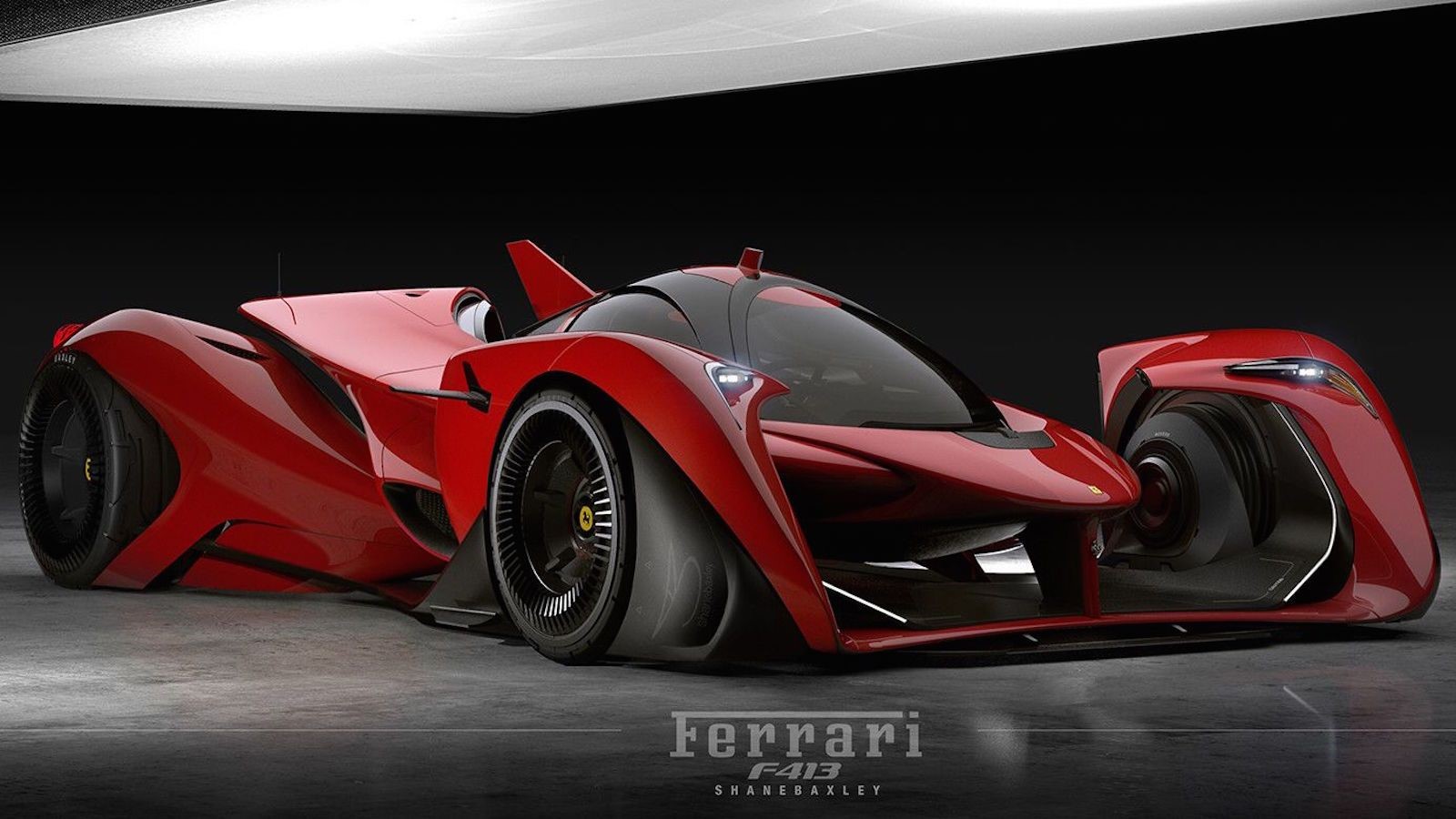
I believe that Ferrari has the capacity to continue as a world leading brand and more importantly, become the pioneer the car industry needs. Whether they do or not is a decision for them.
Ferrari has a lot to offer. They are pioneering in equality in the workplace, being the first Italian company to be awarded the Equal Salary Certificate, providing equal pay for equally qualified men and women within the company. They have recognised that equality, fairness and, most importantly, trust between employees and the company is vital for the ability of the company to thrive. Their commitment to listening to their staff and working together {#essereferrari} is a statement of values that every company would be advised to adopt.
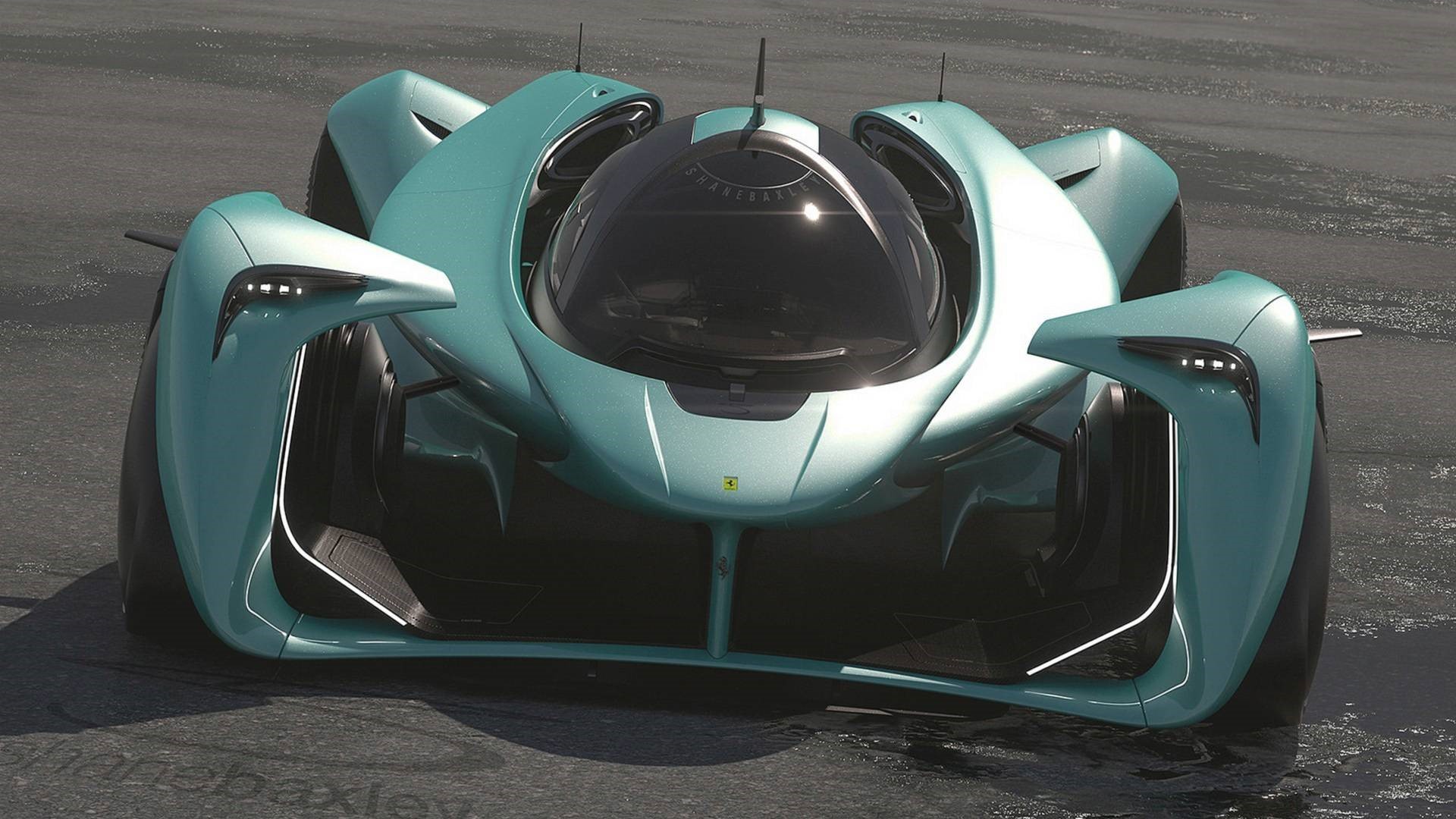
When it comes to the future of the automotive industry, I think they have a lot more to offer as the new challenges of climate change and the need for sustainability take prominence.
There is a train of thought among many people that has companies like Ferrari as the enemy. They see fast, powerful cars and consider them to be the problem. The automotive industry, Ferrari included, has to be accountable for their contribution to both climate change and air pollution. They do not have a good history of doing so. It is natural to look to them as the villains of the piece. Casting blame, however, does not solve problems. Neither does ignoring accountability. We are in danger of producing a stalemate when we need to be finding a solution.
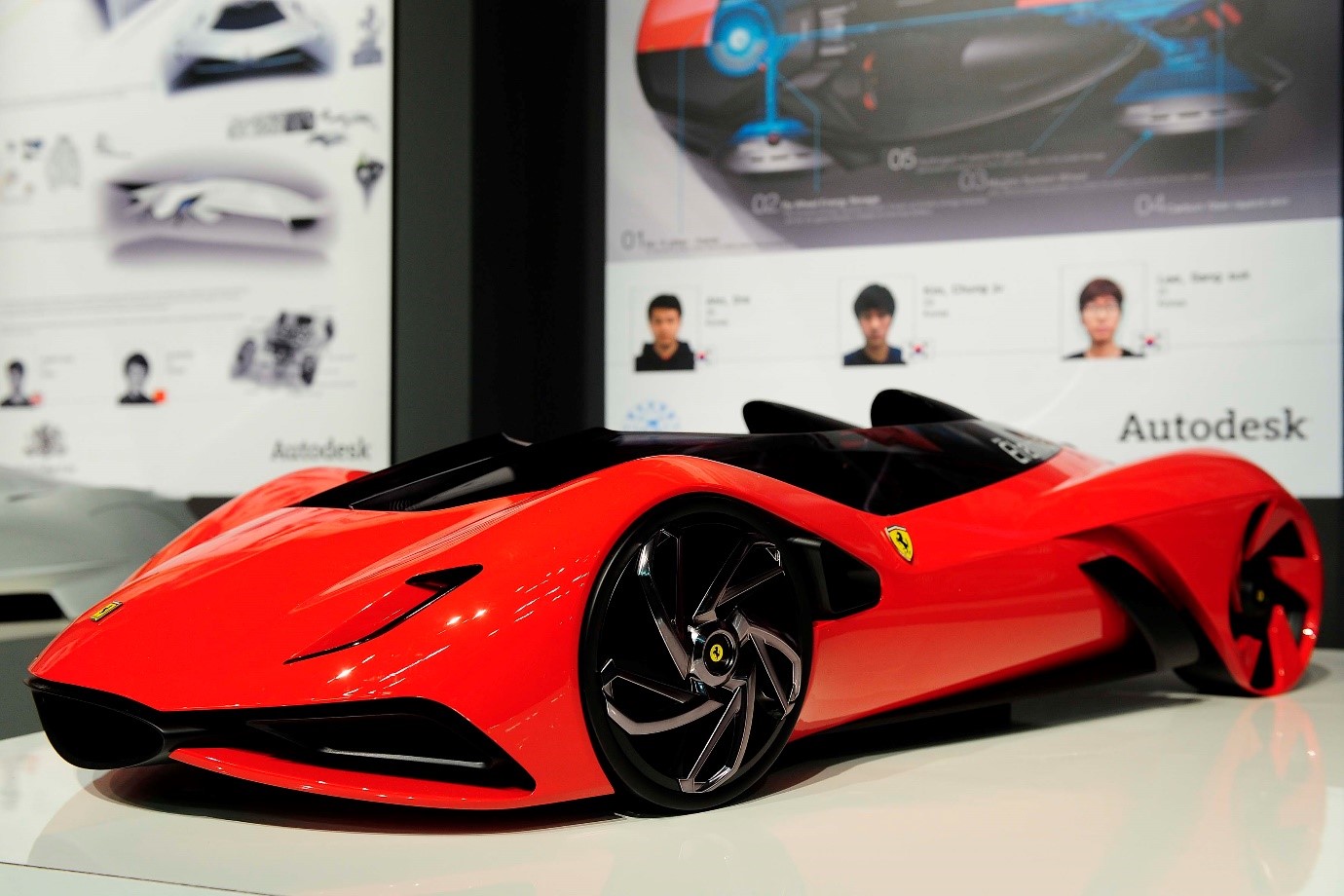
Ferrari can be part of the solution. Here is why.
The focus of the industry is currently on the development of electric vehicles. Whilst the future certainly includes EVs as part of the new automotive landscape, they are not without their problems nor are they the panacea that they are often hailed to be. To focus on producing EVs, however, is to miss the point.
The bottom line is that we need to use less energy until we can create clean, sustainable energy.
The planet is populated with cars. Even if all ICE cars could be replaced with EVs in the near future (which they cannot) these existing cars would still need to be dealt with. They cannot be left to rot; they need to be disposed of. This takes energy. Ramping up the production of EVs also takes energy. Will this be the best use of the scarce energy we have?
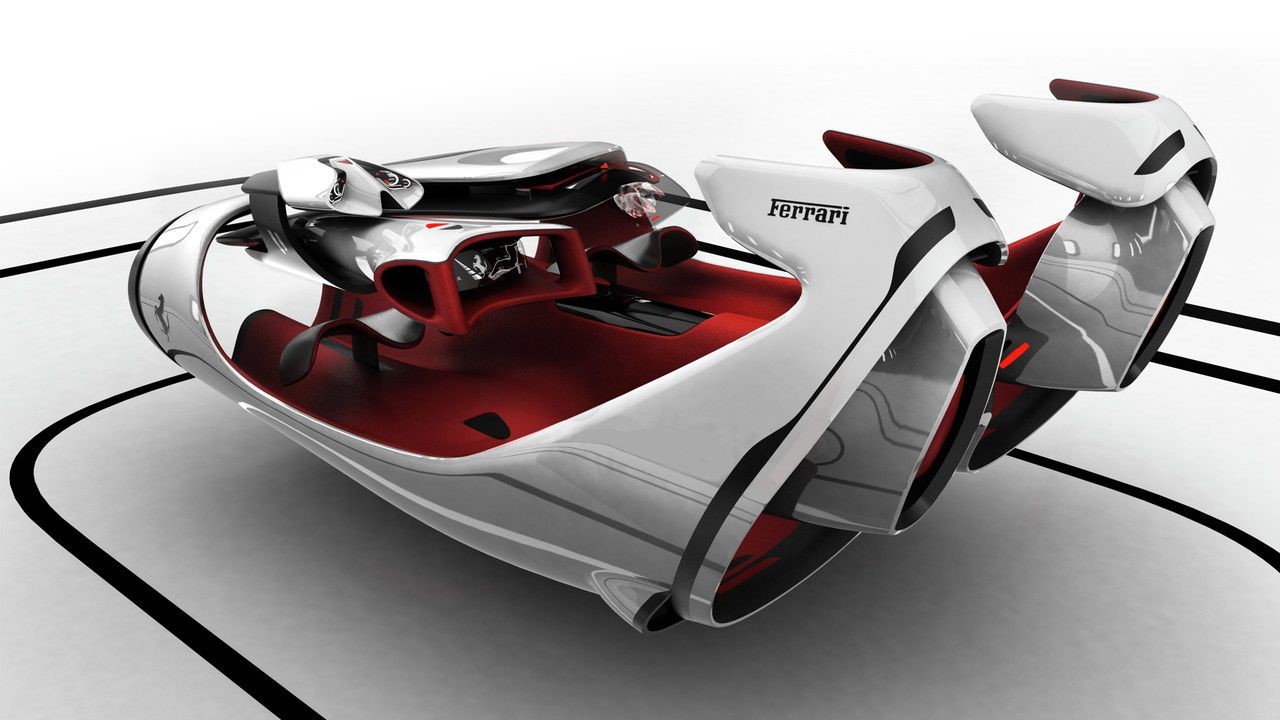
Going forward the automotive industry needs to change its mindset. They need to deal with the existing cars they have out there in the wild. They need to come up with fuels that will work on the existing stock of cars until they reach the end of their natural life. They need to change the way the manufacture vehicles. They need to make fewer vehicles. The vehicles they do make need to be sustainable. This means that they should not only be tailpipe emission free, but they need to last. In order for them to last, they need to be upgradeable, refurbishable and recyclable. All manufacturers will have to look at each vehicle they create as a product that is going to have a useful life of at least 20 years. This will change their design and manufacturing processes, their sales and servicing policies and their financial and customer relationship models.
Ferrari has a lot to offer and could become the industry leader in this respect.
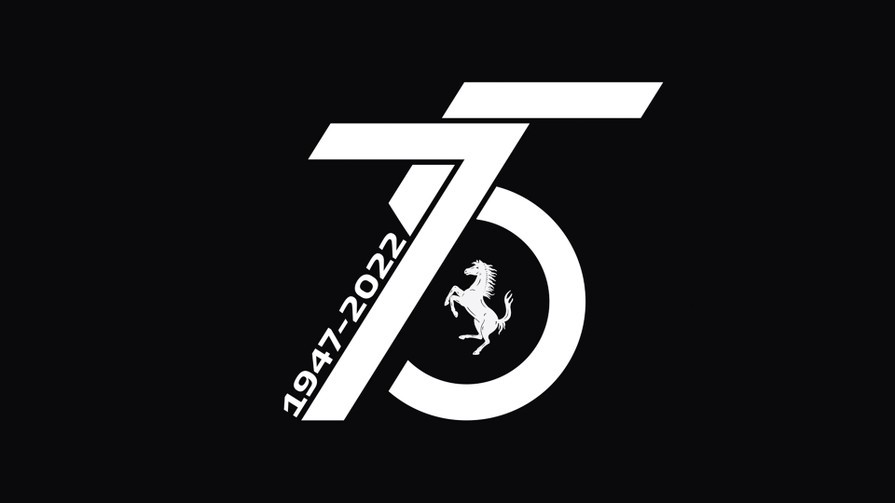
Next year Ferrari celebrates its 75th anniversary. https://www.ferrari.com/en-NL/magazine/articles/75-years-of-ceaseless-innovation?utm_source=facebook&utm_medium=social&utm_campaign=2021_ferrari_social_&utm_content=ALL_organic_ppl
Enzo Ferrari started his factory in Maranello in 1947, in the ashes of World War 2. While other manufacturers focussed on mass production, Ferrari focussed on building race winning cars. Ferrari believed in constant innovation. His road cars were an extension of this passion. There is more to Ferraris however than just innovation. There is a culture around Ferraris that is about more than speed and style. They are quality vehicles. Original models are still in use, as shown in this article about Britain’s oldest Ferrari:

This Ferrari 166 Inter is the UK’s oldest road-going GT car from Maranello.
https://www.ferrari.com/en-PT/magazine/articles/britain-oldest-ferrari-166-inter-london-star
Over the last 75 years, Ferrari has become a byword for quality, innovation, style and substance. A Ferrari has presence; it demands attention. It is an object of beauty as well as an innovative motor car. In the white heat of technological progress that defined the post-World War 2 world, Ferrari became a symbol of the possible, a badge of quality and the definition of cutting edge engineering, all from a factory in Maranello, Italy. You can’t build cars that continue working for over 70 years by accident. It takes a design ethos and a culture of quality manufacturing to achieve this. In a world where mass production and a throw away society that has led us to lose the ability to make quality items, Ferrari is one of the havens where this culture still exists. They may use modern manufacturing techniques but they haven’t adopted the culture of disposability that so many other manufacturers have. Ask yourself this question: in 2050, which vehicle is most likely to be still working; a 2021 Ferrari or a 2021 Tesla?
As we emerge into the post fossil fuel world, Ferrari will no doubt continue to innovate and offer the world exclusive, exquisite, beautiful vehicles. They have more to offer the world, however.
Ferrari know how to build long term customer relationships. They have an established supply chain for authentic replacement parts for vehicles that have been discontinued from production for over 10 years. They build vehicles that still work and can be maintained and serviced after 70 years. They serve their customer base, be it the High Net Worth individuals who buy their vehicles new or the enthusiasts who keep the old classics on the road.
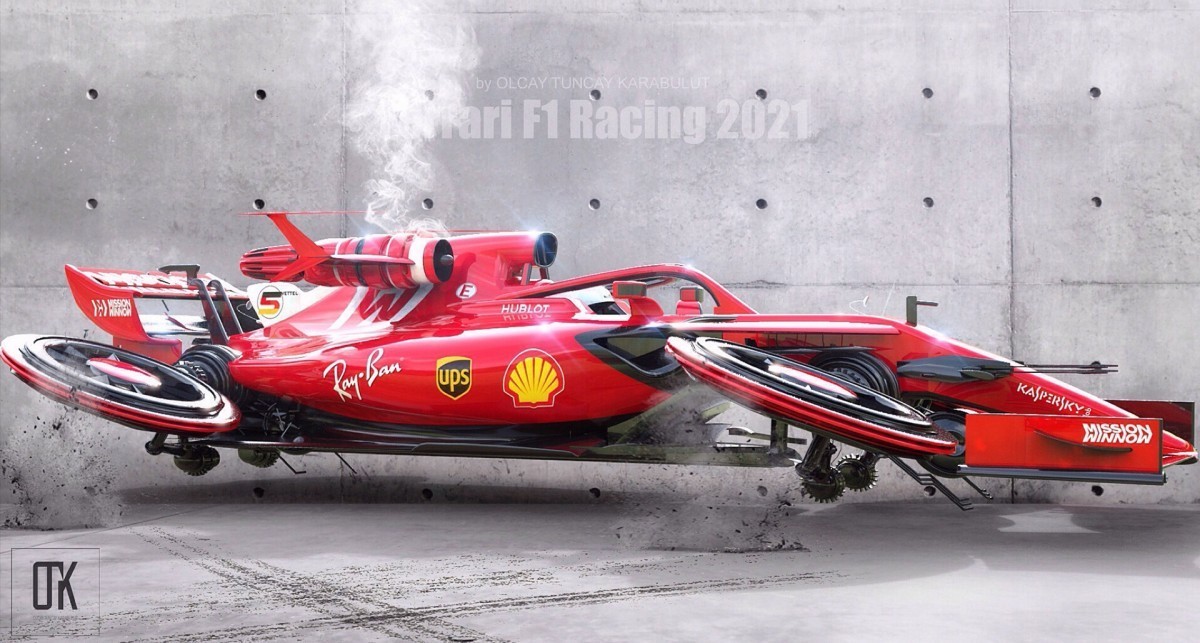
Since the 1980s, this culture of building quality goods that last has been phased out in so many industries, including the car industry. Planned obsolescence needs to be replaced with planned durability. This know-how is valuable. Ferrari can be a leader by demonstrating to both existing and emerging manufacturers that the sort of sustainable culture that exists in Ferrari can work, especially to manufacturers looking to make affordable vehicle. Not everyone can afford a Ferrari, but everyone should be able to access a vehicle that is sustainably produced, tailpipe emission free and will be serviced for its useful life.
This can be Ferrari’s gift to the future.
By Clare Topic
Videos
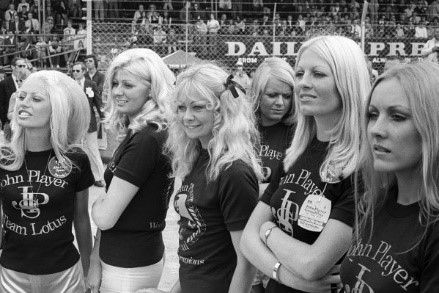


Comments
Authorize to comment